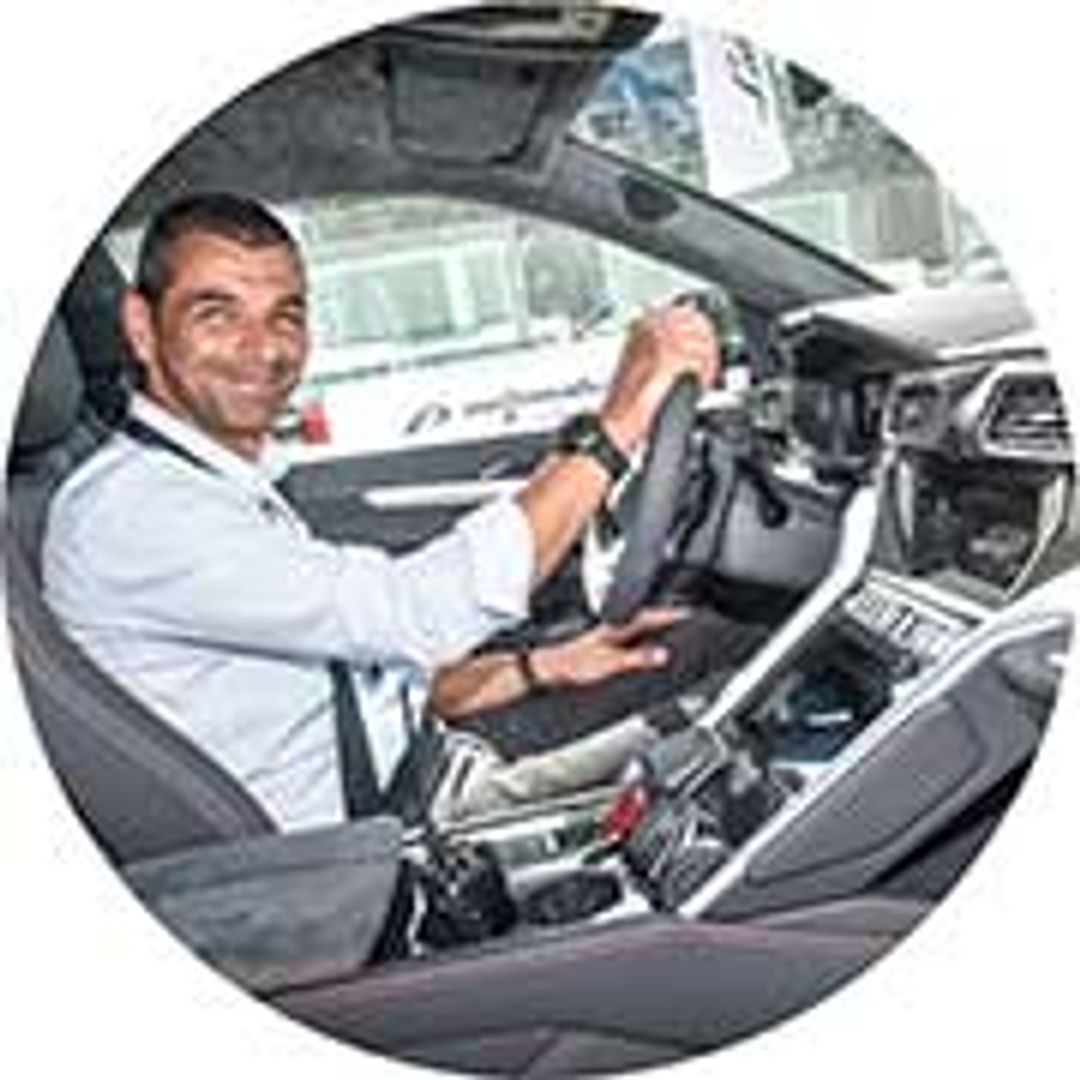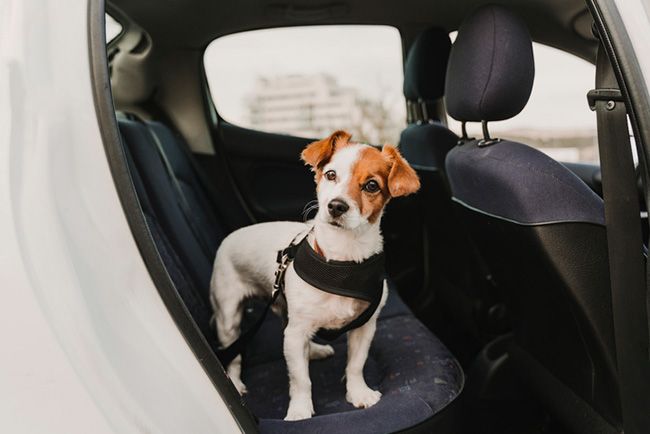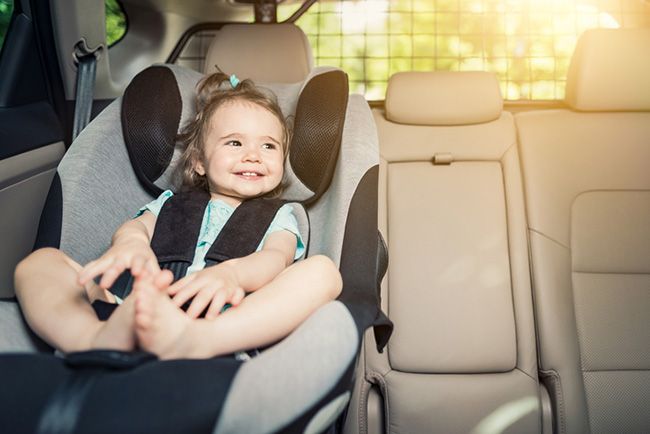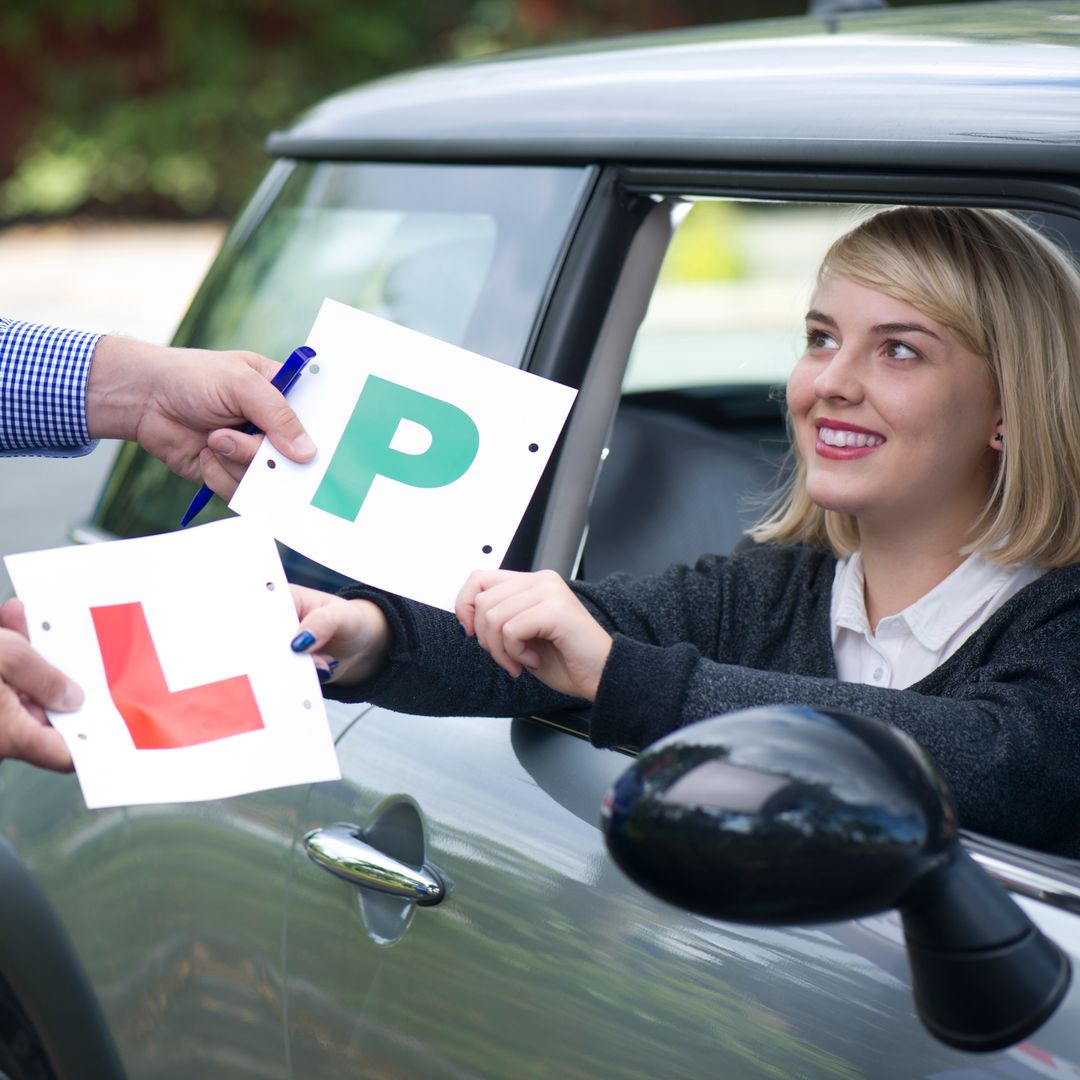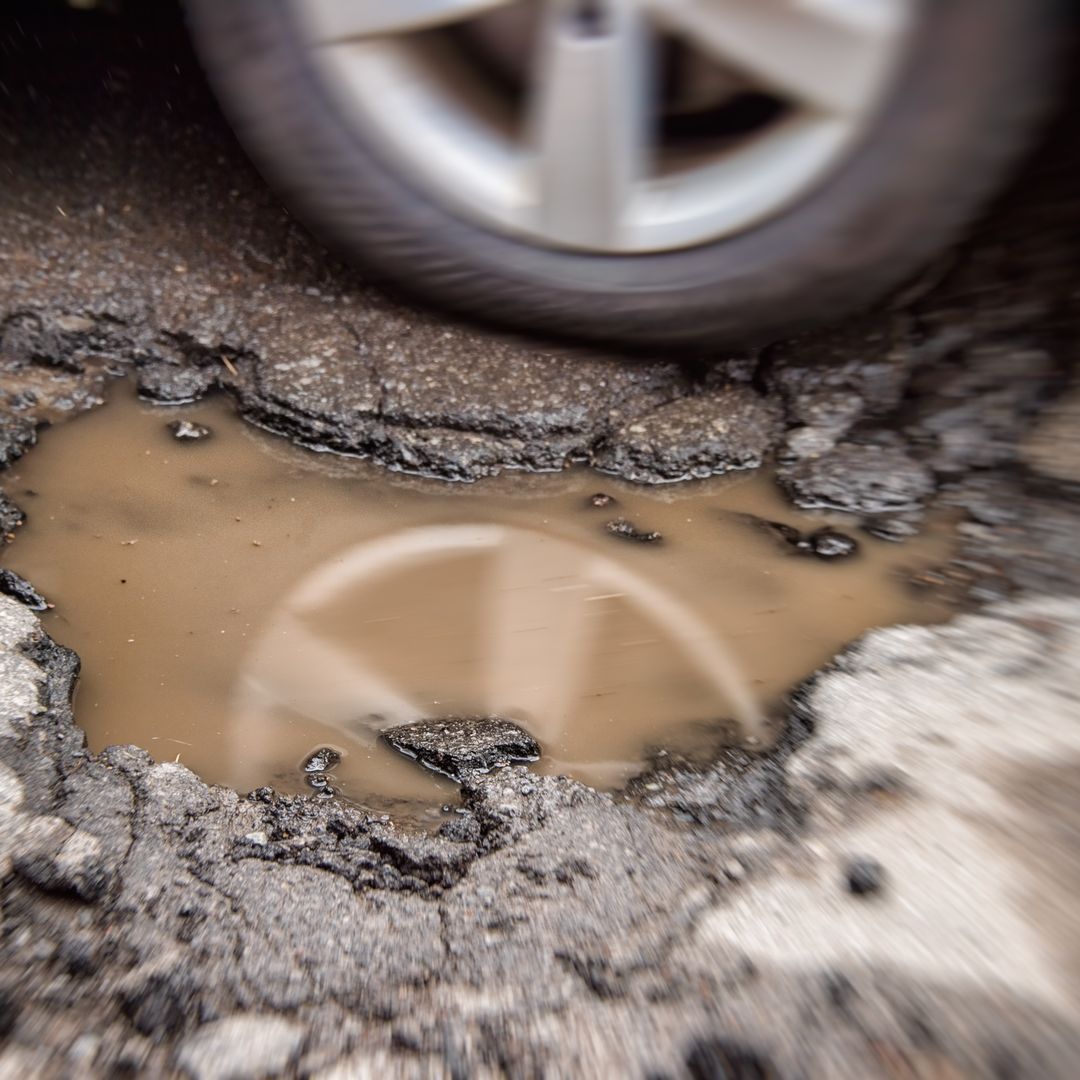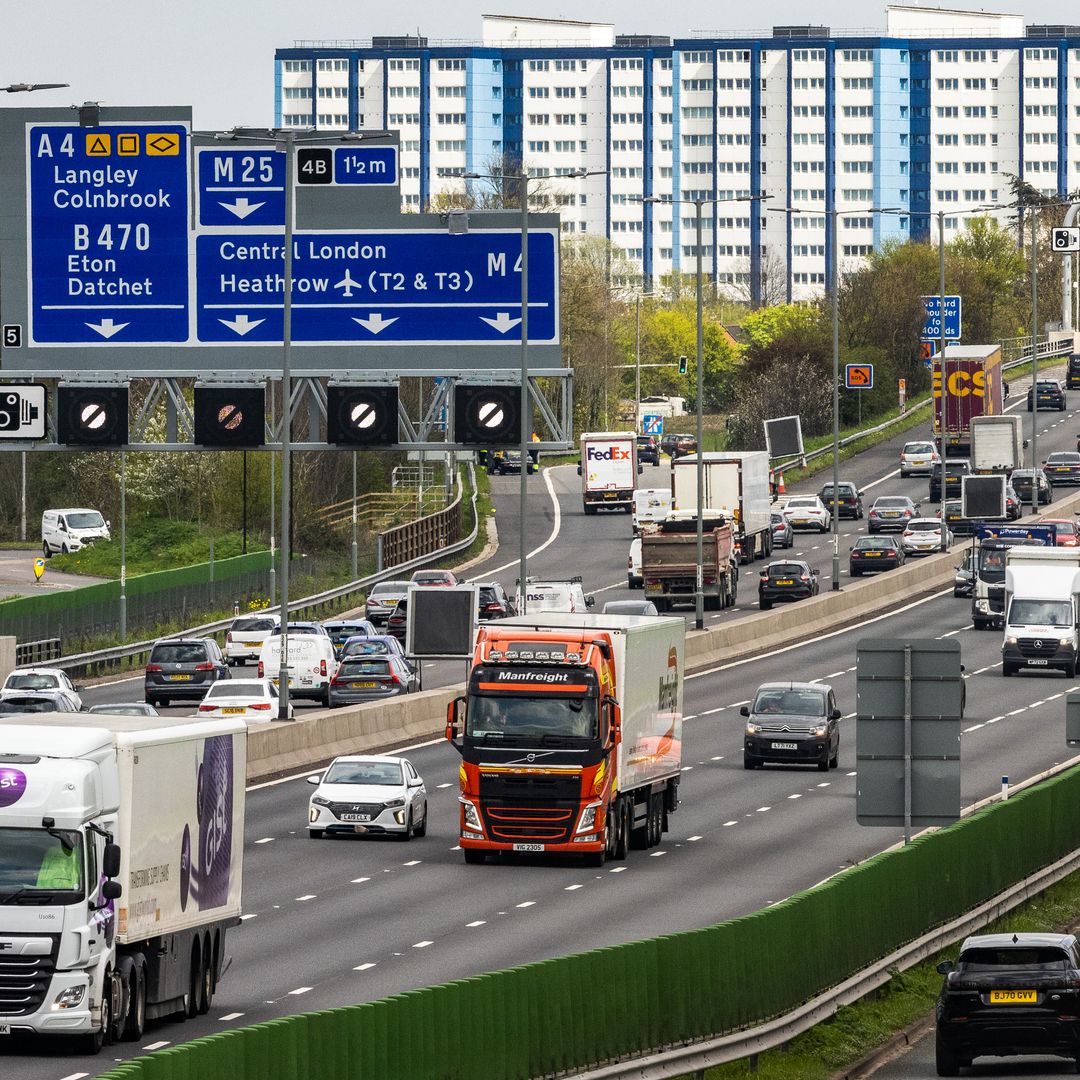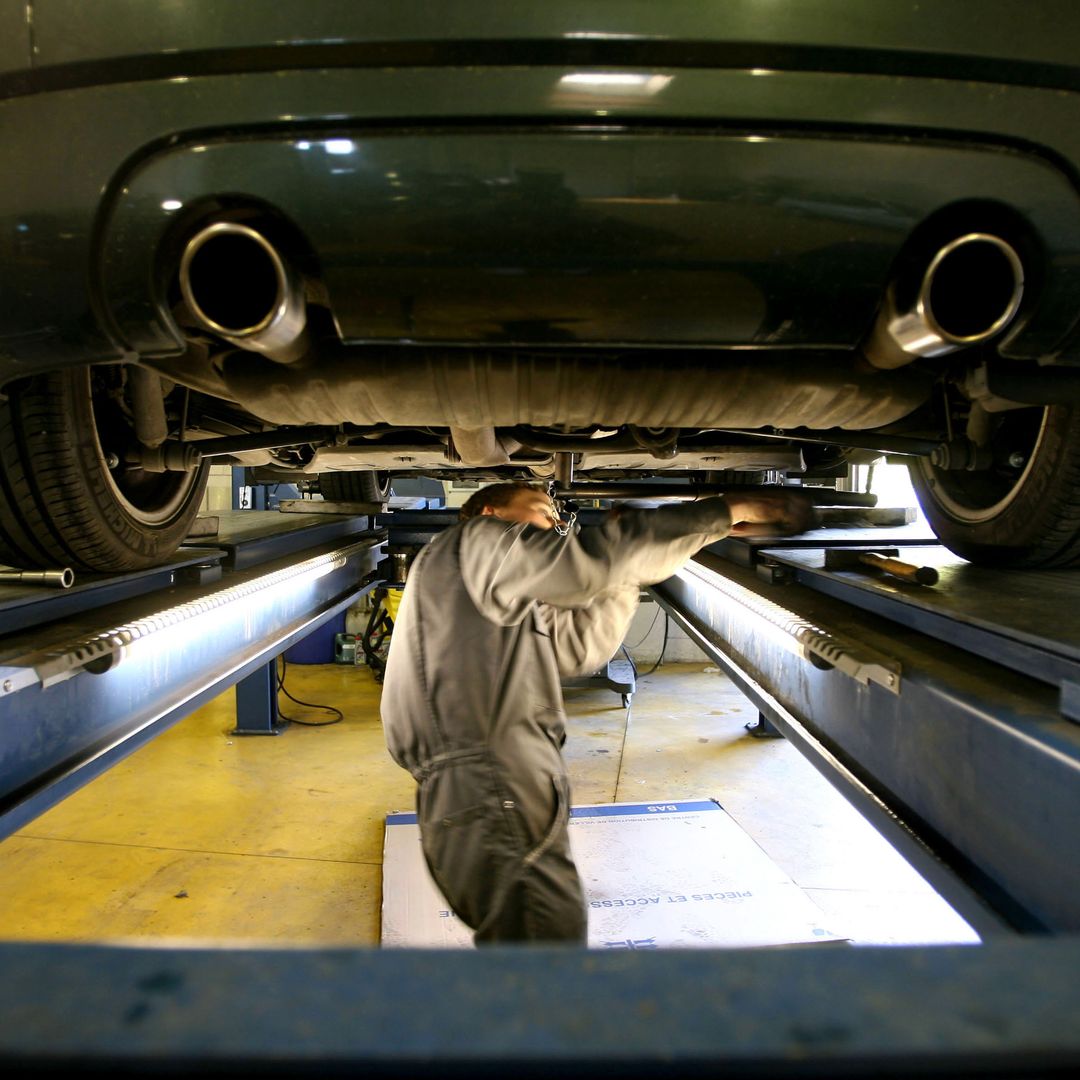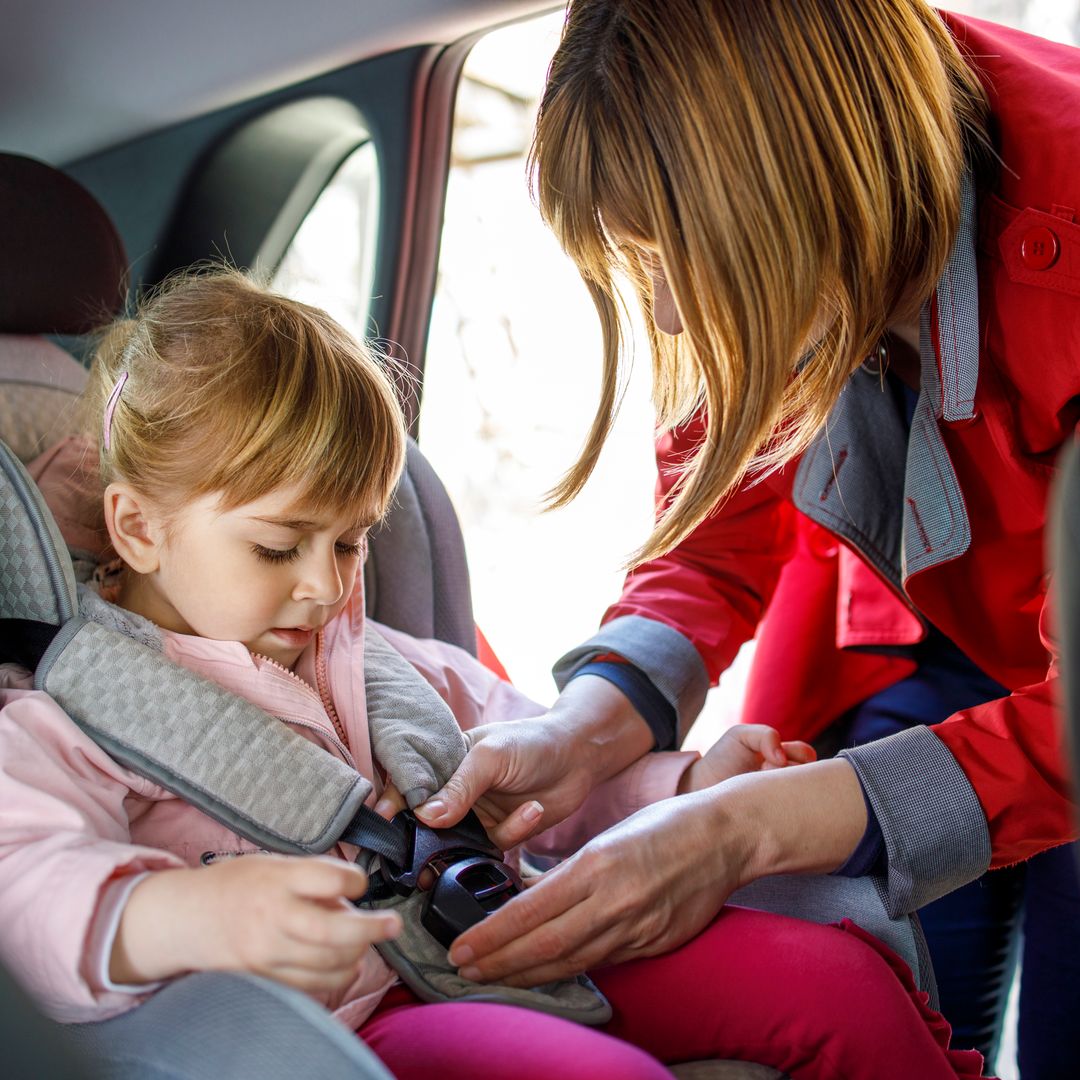No matter how skilled you think you are when you're driving, there's always need for improvement to be a better, safer driver - especially when you have children or grandchildren in the back of the car, who are one of the biggest distraction for drivers.
Whether you passed your test with flying colours or you've been driving for years, it's always worth going back to the basics. Here are some things you can do to become a better and safer driver.
MORE: The royals first cars, from Princess Diana to Kate Middleton
1. Be prepared
Make sure everyone is in their right seat, even on the shortest of trips. If you use child or booster seats, make sure they are fitted correctly and your children are properly secured. If you're heading out on a longer journey, plan the route properly, factoring in stops for food, drink, exercise and toilet breaks.
If you have a dog, don't let it roam freely in the car. Get a crate, harness or guard, so the journey is safer and more comfortable for you and your pet.
Dogs should be harnessed or in a crate in the car
2. Don’t drive tired
If you're heading off on a long trip, try to get a good sleep the night before to prevent you from feeling tired before you even set off – especially if you plan to set out early in the morning or late in the evening when you’re less likely to be naturally alert.
It's tempting to drive through the night if you're travelling with kids on a long journey, but remember, this can increase the risk of a sleep-related accident.
READ: Everything you need for a road trip with your dog, from pet hammocks to car shades
3. Ditch distractions
Whether it's fiddling with the infotainment system, adjusting the air-conditioning or refereeing World War 3 in the back of your car, there are stacks of potential distractions when you're driving.
Driving safely requires total concentration, so try to minimise the chances of getting distracted by pulling over safely to make adjustments to your car, take a phone call, or to eat or drink.
4. Be speed aware
Every year in the UK thousands of people are killed or injured in crashes involving someone speeding. Keep to speed limits by watching out for roadside warning signs. And if you have a dashboard or sat-nav fitted with Road Sign Recognition, there's really no excuse. Also, reduce your speed in adverse weather conditions, or at night when visibility is lower.
5. Stay fresh and alert
If you’re on a long journey, the Highway Code advises a 15-minute break every two hours as a minimum. Take more frequent breaks if you need to and make sure you all get out of the car for some fresh air. Have a stretch and a walk.
And, if possible, let the kids run off some steam. This is also a perfect time to eat and drink. Health experts recommend that we should all drink at least 1.2 litres (six to eight glasses) of water every day to prevent dehydration, so fill up a big reusable water bottle every time you head off on a journey.
Make sure any child passengers are safely belted into their appropriate car seat
6. Safe driving tips
The secret of safe driving, higher fuel economy and car reliability is a smooth style behind the wheel. Avoid harsh acceleration and braking, focus on the road ahead (rather than racing up to junctions and roundabouts), anticipate other road users and pay attention to your surroundings.
Smoother driving also reduces the chances of car sickness - an essential when ferrying the family.
7. Be considerate
Watch out for other road users (pedestrians, cyclists, bikers etc), keep your distance from the vehicle in front, use your mirrors and always travel in the left hand lane on motorways, unless you're overtaking slower traffic, in which case lanes two and three can be used.
Sadly, incidents of road rage are not uncommon, and tensions can rise in line with the temperature. Show courtesy, restraint and manners and let a situation pass you by, even if you are not at fault. You might feel wronged, but letting them go could avert an unpleasant incident. If someone is being confrontational or aggressive, don’t make eye contact and don’t react visibly.
RELATED: 8 new 2021 driving laws every motorist should know
8. Essential car maintenance
A well maintained car will not only have a longer life, but it's also likely to be safer and more reliable. Every few weeks, and before a long journey, check the pressure on your tyres is correct and make sure they all have the 1.6mm legal minimum tread depth.
Also check your car's fluid levels - that's the coolant (it may also require a mix of water and anti-freeze), engine oil and windscreen washer. And if a warning light flashes up on your dashboard (especially if it's red), pull over as soon as it is safe to do so, check your owner's manual and call your breakdown service, if necessary.
9. Know the law
You're never too old to brush up on your Highway Code so you know the rules of the road and what roadside signs mean. Be honest with yourself when it comes to your health too.
For instance, can you still read a number plate from 20 metres (66ft), which is around five car lengths? If not, take a test because poor eyesight is linked to more than 3,000 fatal and serious injury collisions every year.
Like this story? Sign up to our newsletter to get other stories like this delivered straight to your inbox.

